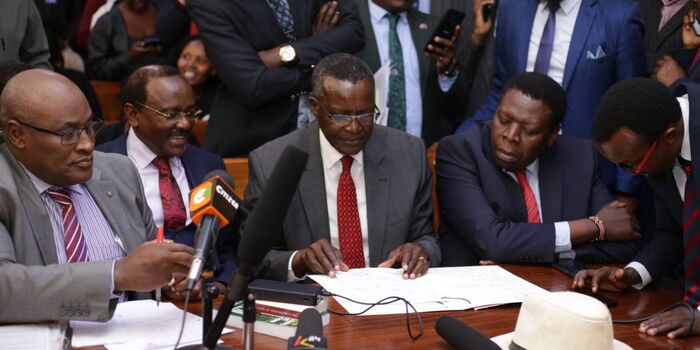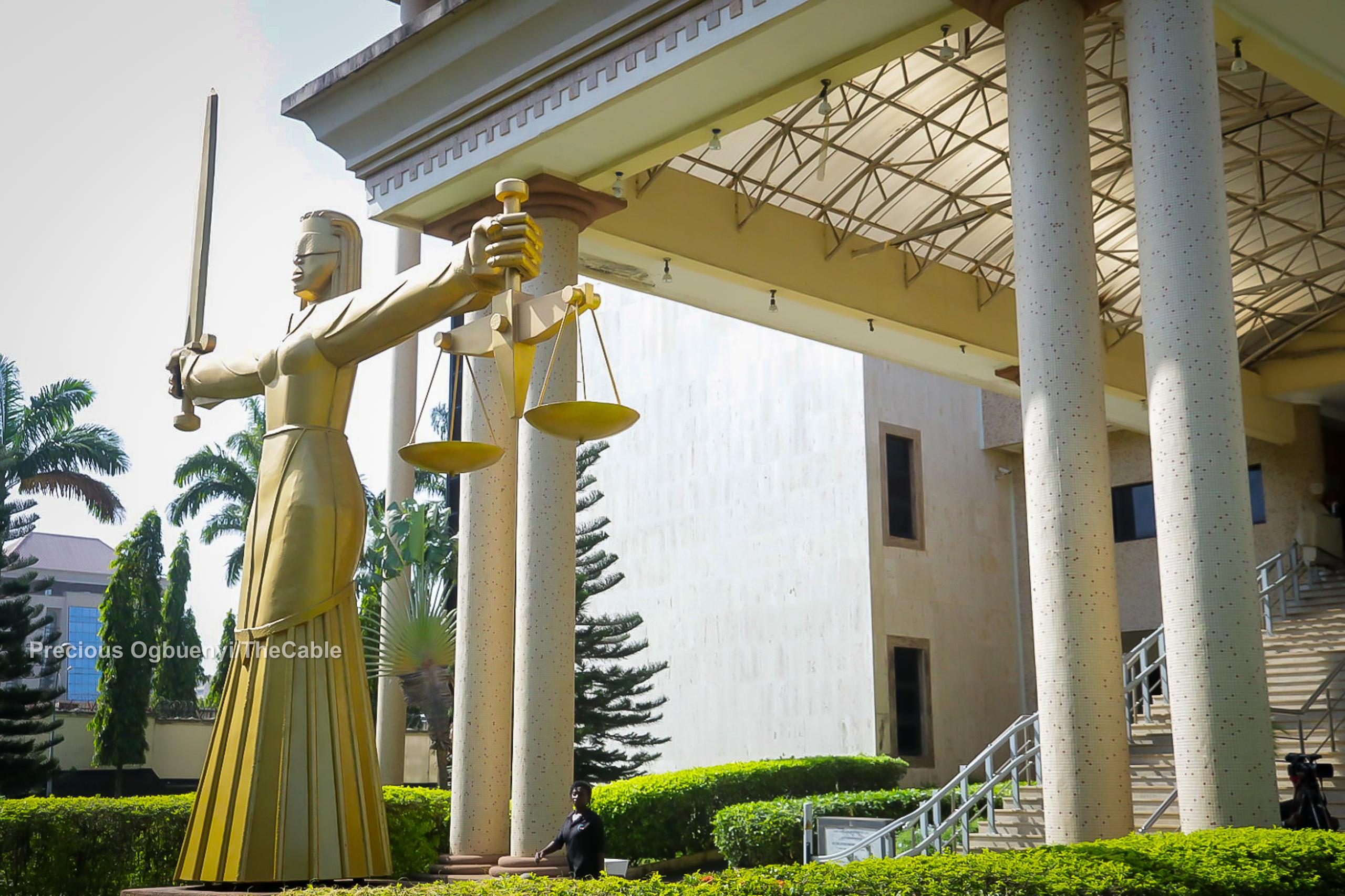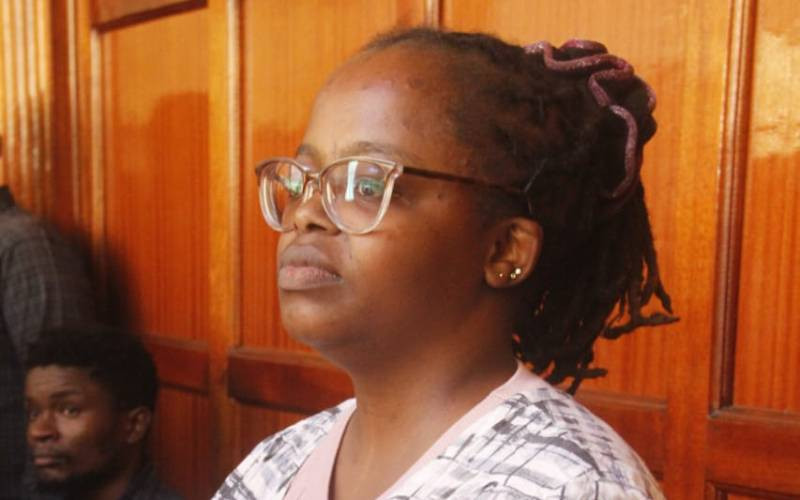Kenyan Developer Rose Njeri Faces Cybercrime Charges, Granted Bond

Software developer and activist Rose Njeri found herself at the center of a significant legal and public outcry in Nairobi after being arrested and charged in relation to computer misuse and cybercrime. Her alleged offense was the creation of a digital tool, reportedly named "Civic Email" and hosted at https://civicemail.netlify.app/, designed to enable Kenyans to send mass emails to the parliamentary Finance Committee to voice their objections to the controversial Finance Bill 2025. Njeri had announced the platform's creation on May 19, 2025, through a tweet stating, "I wrote a simple programme that lets you reject the Finance Bill 2025 with just one click. Click below to send your objection."
Njeri was arrested on Friday, May 30, 2025, from her home in Nairobi’s South C estate. She was initially detained at Pangani Police Station, spending the Madaraka Day weekend in custody, and was reportedly moved to an undisclosed location before her eventual court appearance. Her arrest and the initial uncertainty about her whereabouts sparked considerable public outrage, leading to social media protests and demonstrations by activists demanding her unconditional release. Tensions flared outside Milimani Law Courts and the police station, where activists, including Boniface Mwangi and Hanifa Adan, decried being prevented from seeing Njeri.
A formidable team of Kenya's top legal minds assembled to represent Rose Njeri in court on Tuesday, June 3, 2025, highlighting the national significance of the case. This distinguished defense team included former Chief Justice David Maraga, former Vice President and Senior Counsel Kalonzo Musyoka, Senior Counsel Chris Khaminwa, Senior Counsel Eugene Wamalwa, Dan Maanzo, former Law Society of Kenya (LSK) President Erice Theuri, and Ndegwa Njiru, alongside other LSK representatives. LSK President Faith Odhiambo had earlier confirmed that the society would provide legal representation for Njeri.
Upon her arraignment at the Milimani Law Courts, Njeri faced charges under Section 16 of the Computer Misuse and Cybercrime Act No. 5 of 2018, with some reports indicating two counts. The prosecution alleged that on May 19, 2025, Njeri knowingly designed and hosted the program that automatically generated and sent mass emails to [email protected], the official email address of the Finance Committee. This action, according to the prosecution, interfered with the normal functioning of the parliamentary systems. The specified offense reportedly carries a potential maximum penalty of Sh10 million, up to five years in prison, or both.
Njeri’s high-profile legal team successfully opposed her taking a plea, arguing that the charge sheet presented was defective. Former Chief Justice David Maraga criticized the manner of her detention, suggesting a "sinister move" behind her apprehension and arguing that police could have simply summoned her. The defense team contended that the charges lacked a clear legal foundation and infringed upon Njeri's constitutional rights to freedom of expression and public participation. They asserted that her actions were legitimate, as the targeted email address was publicly designated for receiving feedback on the Finance Bill. Kalonzo Musyoka poignantly questioned the criminality of her actions, asking, “If her crime is to sensitise fellow Kenyans to say yes, or no, to the proposed Finance Bill, what crime is that?”
Following the submissions, Milimani Court Principal Magistrate Geoffrey Onsarigo released Rose Njeri on a Ksh.100,000 personal bond. Njeri did not take a plea. A ruling on whether to admit the charge sheet and whether she will be required to answer to the charges was scheduled for June 20, 2025. The defense also requested the return of her confiscated electronic devices, arguing that any information obtained from them would be inadmissible in the trial.
The arrest and charging of Rose Njeri drew widespread condemnation from various political leaders and civil society organizations, who characterized it as an attack on civic freedoms and an attempt to stifle youth innovation and dissent. Former Deputy President Rigathi Gachagua accused the government of clamping down on youth and peaceful civic participation, labeling Njeri as "the latest victim of this repression." Similarly, former Chief Justice David Maraga condemned the arrest, stating it negated the spirit of Madaraka Day, a celebration of self-rule and freedom. He expressed solidarity with what he termed a "Gen-Z Revolution," referencing the deaths of over 60 young protestors in June 2024 and ongoing concerns about youth unemployment and shrinking opportunities.
The tool developed by Njeri, "Civic Email," was specifically created to simplify the process for Kenyan citizens to convey their views on the contentious Finance Bill 2025 directly to Parliament. Authorities reportedly expressed fears that the platform could incite public protests ahead of the bill’s reading. The case also brought public scrutiny upon the Office of the Director of Public Prosecution (ODPP), with some Kenyans on social media criticizing alleged typos in the charge sheet and fundamentally questioning how facilitating public feedback to an official public channel could constitute a criminal offense. Commentator Larry Madowo highlighted the perceived irony of the Kenyan government praising youth digital skills while simultaneously penalizing young individuals for applying those skills in civic engagement.
Rose Njeri's case has ignited a significant nationwide discussion on the parameters of digital activism, the protection of freedom of expression, and the evolving space for civic engagement through technology in Kenya. The outcome of her case, particularly the court's decision on June 20, will be closely monitored, as it holds the potential to set an important precedent for how such activities are interpreted and treated under Kenyan law, especially concerning the Computer Misuse and Cybercrimes Act. The robust state response to her initiative has amplified concerns about the perceived shrinking of democratic space and the government's stance on youth-led digital innovations aimed at enhancing public participation in governance.











